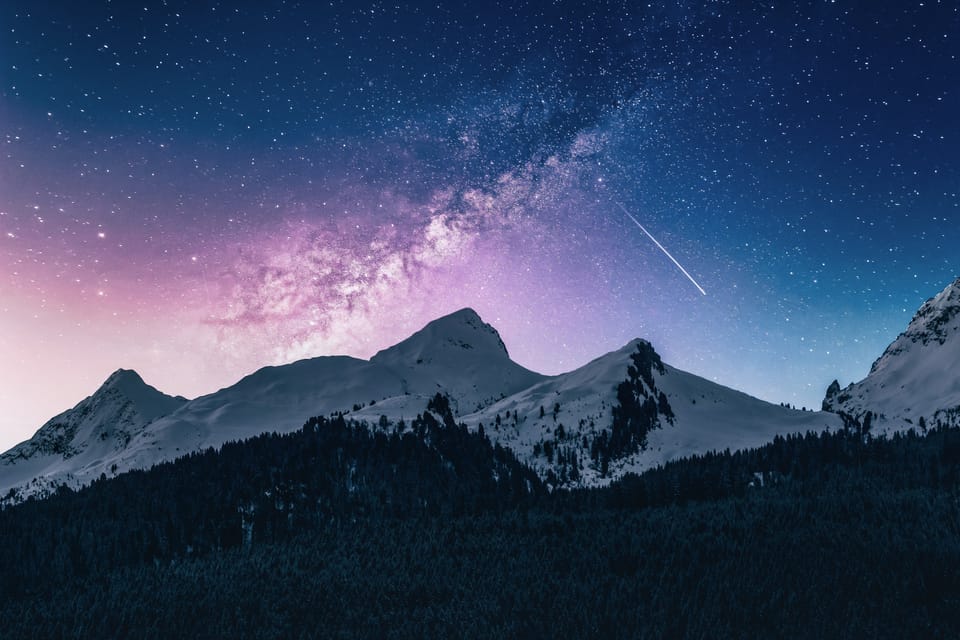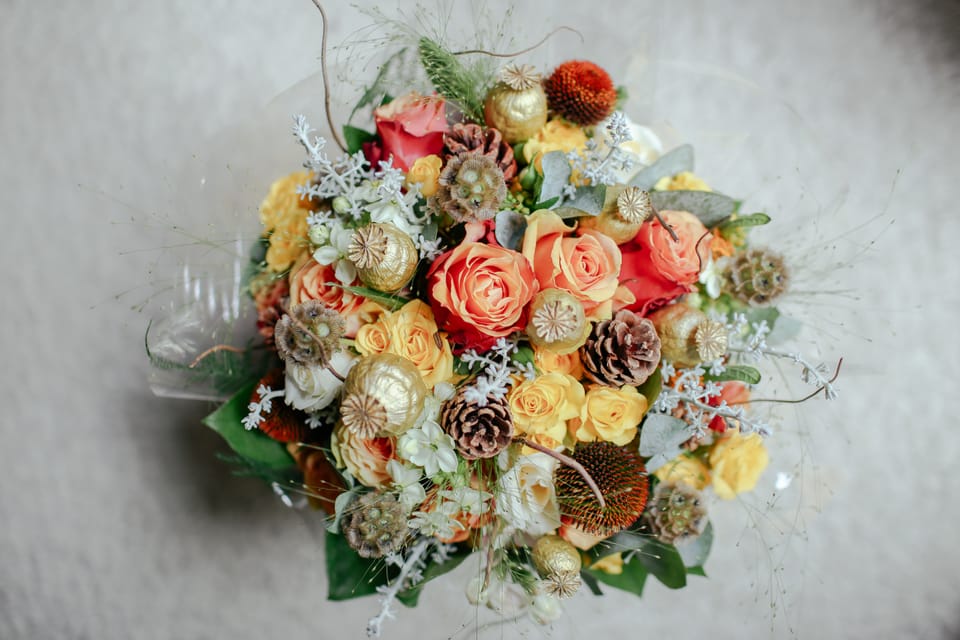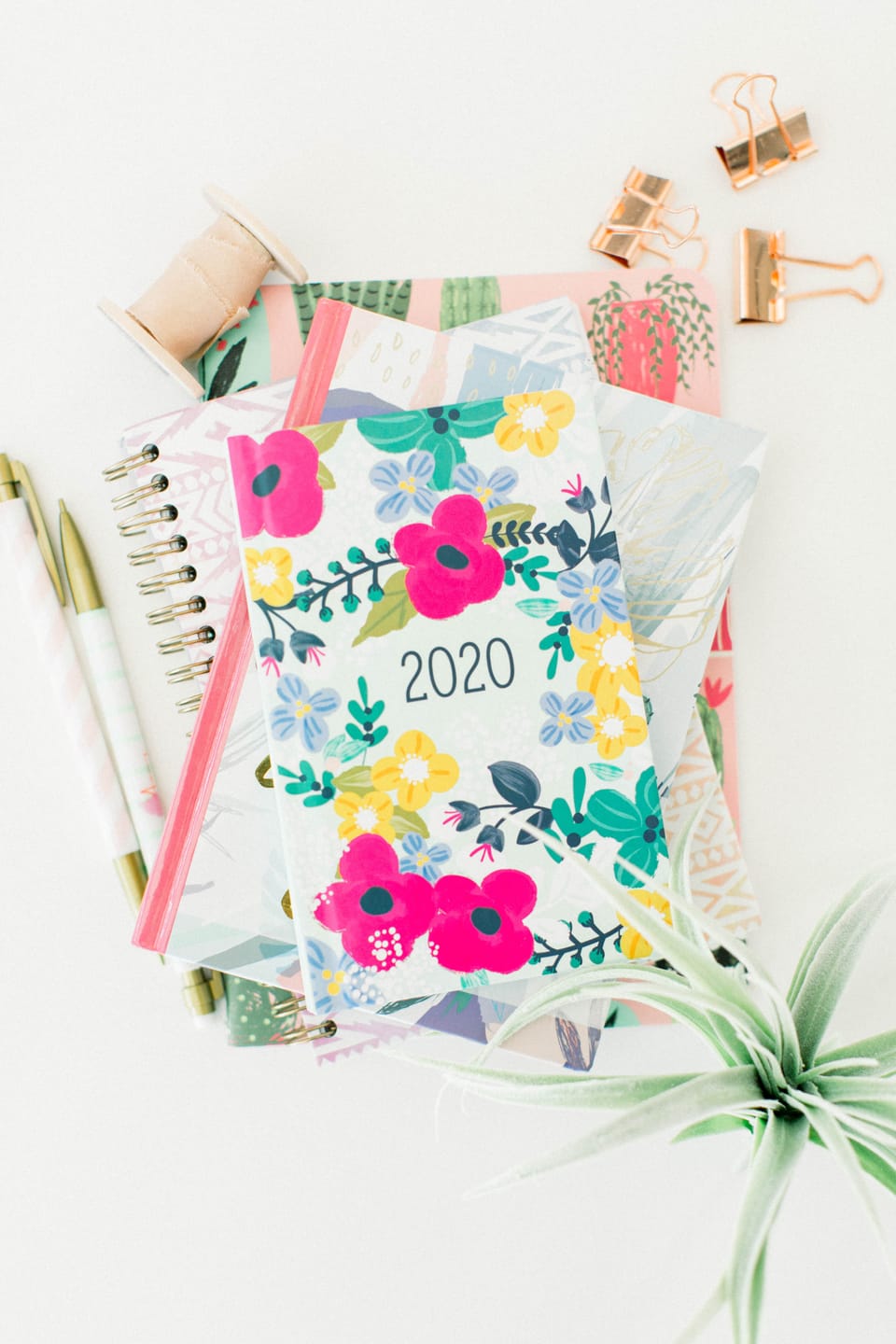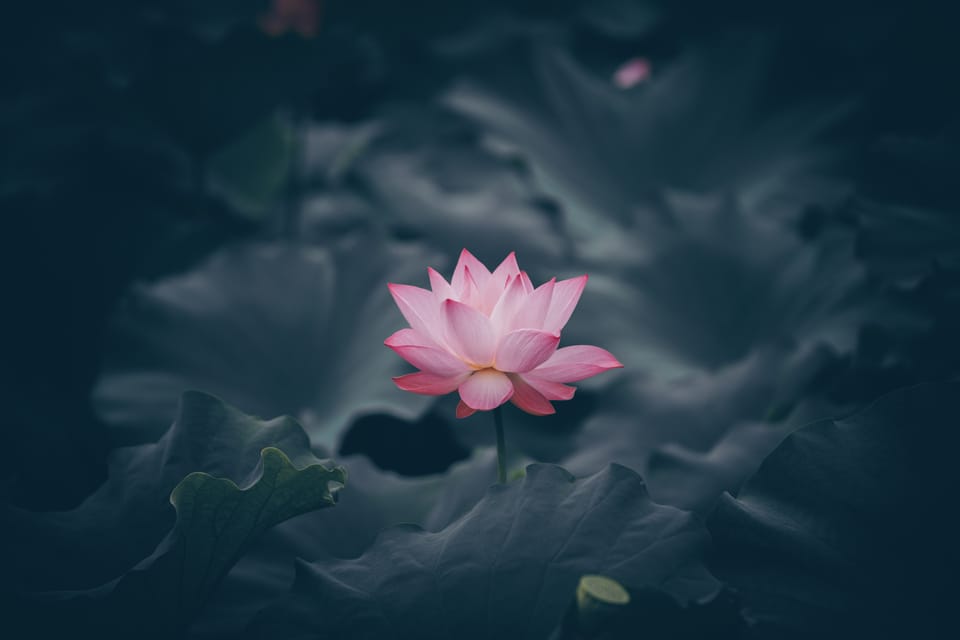Feminist books that are worth your time
Essential feminist book recommendations. Books on feminism, by feminists or simply a feminist narrative regardless of the topic.

I’ve been wanting to write this post for a long time. In what feels like a race against time itself, I've often ended up shelving what truly matters. Instead I’ve ticked off endless task lists with an air of busy-ness, leading to high productivity but little fulfilment. So with this post, I am reclaiming my need to do what fulfils me & also what I believe truly matters in the long run. Learning & then sharing what I know with others.
I believe the world needs to continue departing from shackled patriarchal systems into one which makes room for women & people of non-male genders to thrive & lead. Books on feminism are the primary medium through which I have learnt about the philosophy of gender equality & will continue to do so.
So I’ve created this post as an evolving list of what I consider powerful, moving & paradigm shifting feminist books. I hope that it will become a resource for you to learn more about feminism & gender equality, consequently letting you see the world with a more educated, holistic gaze & create positive change in your own way.
I will keep adding new book recommendations from time to time as I keep reading within this post itself. So do keep coming back!
I. Seeing Like a Feminist - Nivedita Menon

This book has been #1 on my list for a long time. It's one of the few books I’ve found that examines patriarchy & its impact entirely within the Indian context. It’s an essential read for anyone who wants to understand the structure & philosophical underpinnings of patriarchy & how it manifests itself in today’s social & psychological phenomena. The 3 main ideas she discusses in the book are patriarchy (males at the helm of affairs), patriliny (tracing lineage through the father’s name & not the mother’s) & virilocality (practice of married women having to reside near / at the husband’s parents while leaving behind their own families). Each of these have a profound impact on women’s identities, their psychological landscapes & how they operate in the limited space that is often granted to them. It also reinforces explicit & subtle sexism, even at the hands of good hearted, well educated & well-meaning men. She also examines the effects on non binary gender identities.
Menon’s sharp, incisive & uncluttered narrative is objective & educational. But it is also emotional, because she brings to life struggles that every girl & woman in the Indian context can relate to. For me, reading her work was an awakening of sorts, in that it lifted the veil of inherited belief systems about women’s roles & morality & showed me exactly what lies behind them. And once that was done, my entire mental model about gender roles shifted.
This is a simple book that focuses on the fundamentals of feminism & yet likely to create radical shifts in the way you see the current structure of society. A must read for anyone interested in gender equality.
II. Becoming by Michelle Obama
“Your story is what you have, what you will always have. It is something to own.” And Michelle Obama certainly owns hers!

Through these memoirs, Michelle Obama captures her journey from childhood to becoming first lady and beyond. I really enjoyed reading it.
The book is fairly light and easy to read, and the style is simple but also nuanced, bringing alive beautiful & poetic metaphors . (She did have help from a ghost writer - which has been publicly acknowledged). Even though the Obamas seem to be larger than life icons, the book brings out a very human & real side of them. That being said, the book also throws light on the inherent racism & sexism still so prevalent in 21st century politics. It's both disturbing and amusing to see how one of the brightest, toughest, impactful & most influential women in the world, gets attacked for her looks, style and dressing. In the 2000s! The book highlights many struggles working & ambitious women go through, which the world today is aware of and yet seems a little bit stuck in time - motherhood v/s career, being called too strong for her spouse's good, being measured for the size of her hips rather than her Ivy league degrees & accomplishments. The book also highlights how race, economic status and gender set people way far back in their growth, and just how much luck plays a part in who ends up where!
Her journey is inspiring to read about - a south side Chicago girl, from a well knit but relatively underprivileged black family, going on to becoming one of the most powerful voices of our generation. Honest, funny, emotional and insightful, it's likely to be worth your weekend time!
III. Empress - Ruby Lal

Empress - The astonishing reign of Nur Jahan written by feminist historian Ruby Lal, is a gem! The book tells the story of Nur Jahan, an unusual Mughal queen. In popular western & male historical narratives, Nur Jahan has been portrayed as a manipulative, power hungry woman & held responsible for strife and disquiet during Jahangir's reign. Her talents, achievements and contributions to her empire have been conveniently erased and instead, in movies and popular lore she is reduced to the romantic obsession of a drunken and incapable king.
Ruby Lal retraces Nur Jahan's life through a feminist gaze instead, and draws extensively from historical artefacts from Persian and Mughal history, that many historians have so far ignored. She paints a complex, human picture of Nur Jahan and her many talents, and takes us through the journey of her rise to power as empress. Lal celebrates this mighty queen’s unapologetic ambition, her many contributions to the empire, her legacy for future Mughal women and examines her eventual fall. It is primarily a history book, full of facts and yet such elegant storytelling that it will bring the Mughal world alive for you in all its grandeur, politics and complexity! Most importantly, it opens our eyes to the legacy of a powerful woman who made her mark in a deeply patriarchal world and refused to be erased!
IV. Heroines by Ira Mukhoty

Another book highlighting significant women in Indian history, is Heroines by Ira Mukhoty. She is deeply inspired by Ruby Lal’s work.
The book a refreshing change from the typical male and often imperialist gaze with which Indian history has been written.Very well researched, factual and yet almost poetic, the book tells the stories of 8 women in Indian history - who have either been erased or their narratives almost entirely rewritten to suit the patriarchal or even british imperialist sensibilities. It also calls forth a completely different view, perhaps a feminine view of what it means to be brave, powerful and courageous.
I invite you to see these women, who you may already know of through legend & myth, once again through different eyes altogether.
V. Daughters of the Sun - Ira Mukhoty

Daughters of the Sun: Empresses, Queens and Begums of the Mughal Empire, is another piece by Ira Mukhoty that tries to trace women from Indian history, specifically the Mughal period. Spanning a period of about 200 years of Mughal rule, Mukhoty tells the stories of some of the most interesting women of the time - who often worked behind the scenes and were either ignored or completely misunderstood by imperialist or male historians of the time. From the time Babur rode into Hindustan, to the final years of this period, women played a vital role in shaping this dynasty and it’s well known riches & grandeur. The book gave me a completely new perspective on the zenana or harem, a place where royal women lived together. The book sets out to bust the inaccurate & misinformed picture painted by imperialist historians of the harem as a place purely meant for the royal men to enjoy their wives & concubines. Instead, through well researched facts & official & unofficial Mughal texts, Mukhoty brings alive the zenana as a place of refuge as much as of power. A place where women made kings, forged alliances, patronised art, learnt literature and engaged in politics. The women you will meet in this book are diverse & intriguing - everything from astute politicians, fiery mothers, ambitious leaders to devoted spiritual seekers. While some women like Mumtaz Mahal & Nur Jehan exist in public consciousness, many of them like Khanzaada Begum, Gulbadan & Harka Bai among others, have never been written about in depth. Mukhoty helps you get to know them & how they shaped our history. It’s both an interesting read and highly educational.
VI. The Beauty Myth - Naomi Wolf

I like to think that the world has changed and started to become more equal over the last few decades. But I am also convinced that it’s not nearly enough yet. That’s one of the reasons this book remains essential reading. I resonate with this quote from the book:
“Whatever is deeply, essentially female--the life in a woman's expression, the feel of her flesh, the shape of her breasts, the transformations after childbirth of her skin--is being reclassified as ugly, and ugliness as disease. These qualities are about an intensification of female power, which explains why they are being recast as a diminution of power. At least a third of a woman's life is marked with aging; about a third of her body is made of fat. Both symbols are being transformed into operable condition--so that women will only feel healthy if we are two thirds of the women we could be. How can an "ideal" be about women if it is defined as how much of a female sexual characteristic does not exist on the woman's body, and how much of a female life does not show on her face?”
Wolf is courageous & blunt in her writing, never mincing words and positing theories that may seem outrageous at first, but upon closer examination will suddenly make sense. First & foremost, you will see that the norms of beauty & a perfect female body have changed throughout history. Which means beauty is essentially a myth, constructed by humans & changed at will. You will then see how the myth is shaped & used to keep patriarchal ideas dominant in our consciousness. Wolf shows you with facts & figures how the myth was enforced & became a cult right alongside the women joining the workforce in increasing numbers. While on the one hand we were becoming more financially liberated, on the other hand we were getting more shackled in old chains that were suddenly everywhere & stronger than ever before. The chains came as creams, conditioners, make-up, diet pills, diet shakes, surgeries & what not.
“A culture fixated on female thinness is not an obsession about female beauty, but an obsession about female obedience. Dieting is the most potent political sedative in women’s history; a quietly mad population is a tractable one.”
Through his book you will closely see the physical, psychological & social impact the obsession with thinness, perfect skin, perfect hair, perfect everything - has on women. Wolf implores us to bust the myth & break free and it’d be hard for you not to - even if it’s only a little bit. You may not be convinced with everything in the book but you will likely find some very compelling reasons to change what you expect from women, whether you are one yourself or not.
VII. Men Explain Things to Me - Rebecca Solnit

“Men explain things to me, still. And no man has ever apologised for explaining, wrongly, things that I know and they don't.” Quote from the book.
This is a collection of scathing, comic essays on gender politics by Solnit & led to the coining of the now popular term Mansplaining. (Trivia: Solnit did not use the term mansplaining in her original writing at all!). She explores crucial topics like the culture of silencing women, violence against women, marriage equality & erasing women’s stories in culture as the following quote from her describes.
“Some women get erased a little at a time, some all at once. Some reappear. Every woman who appears wrestles with the forces that would have her disappear. She struggles with the forces that would tell her story for her, or write her out of the story, the genealogy, the rights of man, the rule of law. The ability to tell your own story, in words or images, is already a victory, already a revolt.”
If you’re a woman, the book might feel deeply resonant & enlightening. You might be able to make sense of the underlying feeling of anxiety & self doubt that women are trained to live with. If you’re not a woman, the book is a well written & educational read that might prompt some reflection for you. An essential read for feminists!




